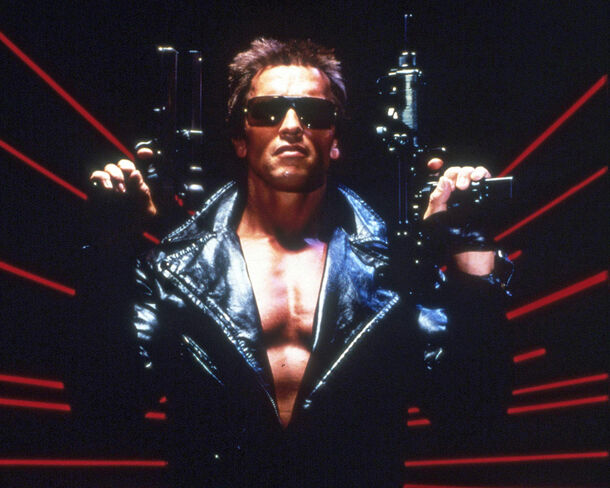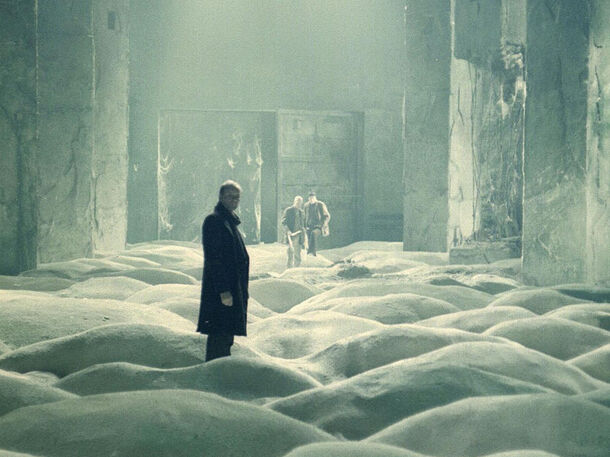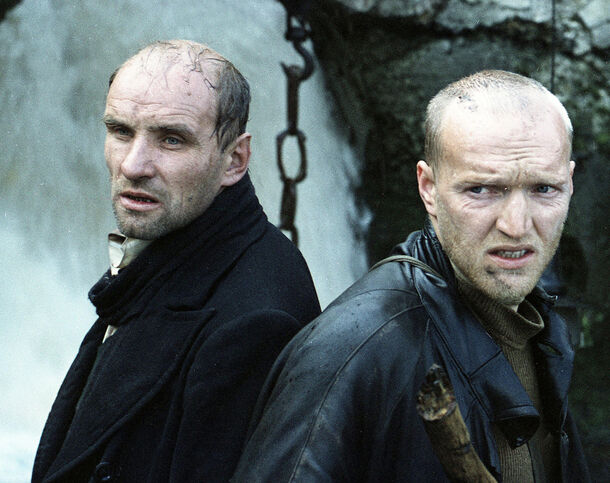Only 2 Sci-Fi Movies in History Earned Perfect 100% Rotten Tomatoes, And They’re Not What You Think

This is definitely some high-quality sci-fi cinema.
Science fiction was one of the first genres in the history of cinema, and it has undergone the most dramatic changes in its more than one hundred years of existence.
By making the leap from literature to film in the 1900s, sci-fi was able to greatly expand its reach. What began as a flight of fancy on paper blossomed in front of the camera, and the genre began to explore new, exciting subgenres on the screen. Dozens of popular novels were adapted and given visual substance.
But it wasn't just adaptations that pushed directors to new horizons – many of their stories reflected everyday life through a futuristic prism. Films like Planet of the Apes and Blade Runner influenced the development of science fiction as a genre with its own tropes, traits, and cinematic language.
But neither Blade Runner, nor Planet of the Apes, nor even Kubrick's cult classic 2001: A Space Odyssey managed to score a perfect 100% on Rotten Tomatoes. Out of all the movies in the sci-fi genre, only two projects have achieved that. And you definitely saw the first one because it is The Terminator.
The Terminator Shaped Modern Sci-Fi Cinema

For many, it is difficult to perceive the first installment of The Terminator in isolation from its outstanding sequel: in the details of the plot or the setting, viewers are still looking for connections with Judgment Day.
If you try to see The Terminator as a separate movie, then it is undoubtedly an outstanding science fiction film that proves the main rule of the genre: for talented directors, budget restrictions only encourage creativity.
.jpg)
After a disastrous first foray into directing with Piranha Part Two: The Spawning, James Cameron, this time free of the opinions of studio bosses, proves himself to be an outstanding director and visual storyteller, taking one of the most familiar sci-fi concepts – time travel – and crossing it with a tense plot.
A minimum of dialog, creative action and Arnold Schwarzenegger born for this role. In short, The Terminator is the movie that defined sci-fi as we know it today.
But what is the second one? Well, this sci-fi gem wasn’t as popular as The Terminator but had no less (and probably more) influence on the genre.
Stalker Is a Mesmerizing And Compelling Post-Apocalyptic Story

Andrei Tarkovsky is one of those directors who is on every movie fan's must-see list. His name is synonymous with high quality cinema. On the other hand, his movies are quite difficult to watch – even Tarkovsky's fans cannot always finish them. However, this has not stopped Tarkovsky's 1979 Stalker from receiving 100% on Rotten Tomatoes. But why?
Tarkovsky's fifth film tells the story of a strictly guarded Zone, created at the site of a meteorite fall some 20 years before the events of the film. Surrounded by wire, the Zone is full of temptations and traps. But it does not live according to the ordinary physical laws of Earth; the Zone can fulfill the most cherished and sincere desires.

The story is based on Roadside Picnic by Arkady and Boris Strugatsky, which was considered absolutely unfilmable. In cooperation with the director, the writers rewrote the text several times: Tarkovsky made endless cuts, insisted on changes and alterations.
The director showed the post-apocalypse as cruel and unglamorous as possible – the viewers saw a vanished civilization, of which only random things remained: paintings, coins, an old alarm clock.
The creators wanted to show the world after the apocalypse, the imprints of normal life turned into chaos. And it is to these images that directors working in this genre will return.
